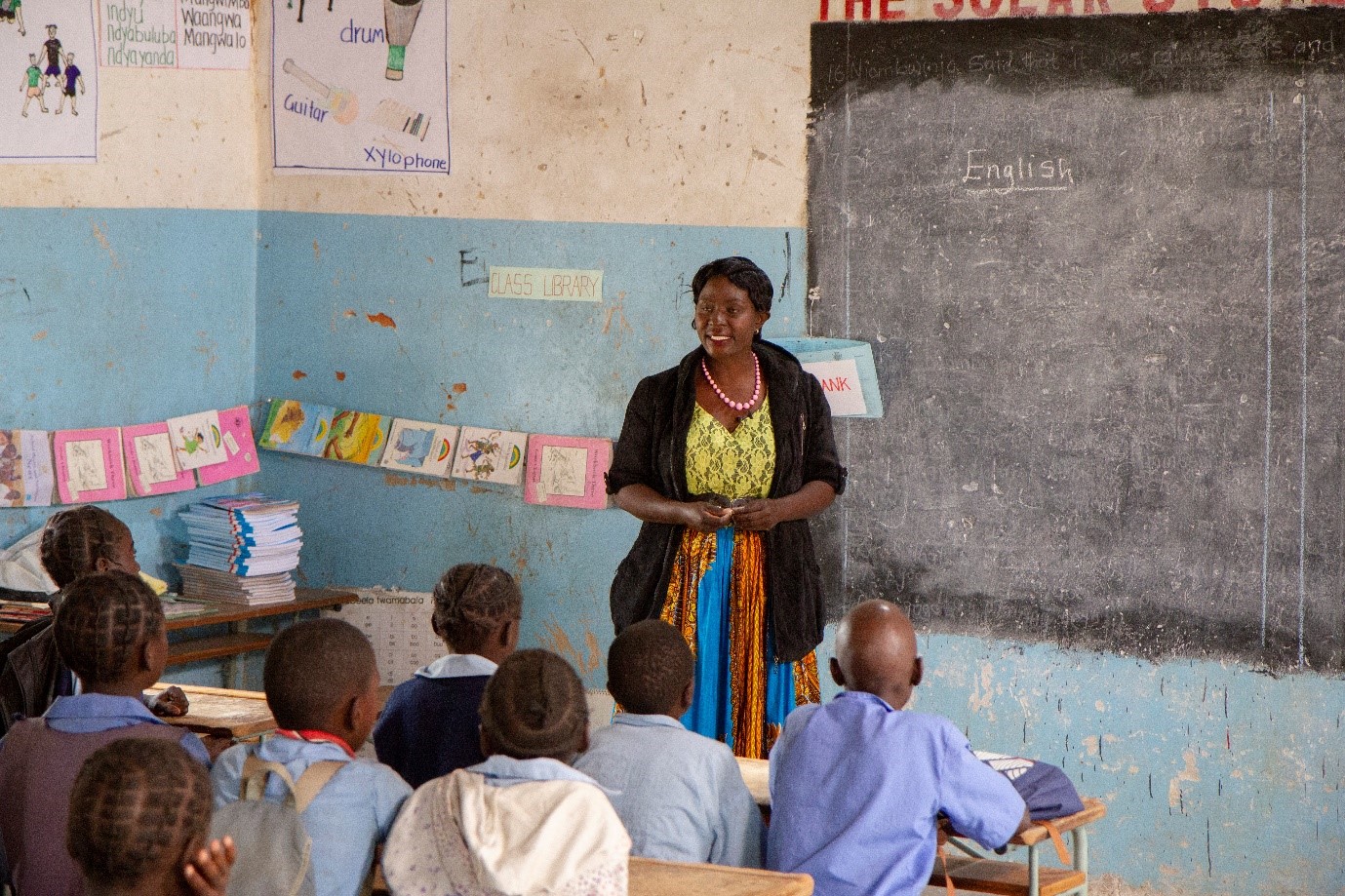Training guide
5. Summary: Classroom management for learner-centred teaching
These enhanced SPRINT training resources have provided a basis for three teaching approaches which will help you to support learners in becoming more involved in lessons and get to know them better. The purpose of the last activities is to reflect on what you have learned and to complete a short quiz to demonstrate your understanding of the key concepts.
Activity 1.15: Reflecting on your professional developmentOn your own, look back through your Teacher Notebook and make a summary of some of the main things you have learned in this course. What has helped you to learn? Are there any critical incidents that made a big impact on you? Think back to last term – write down any ways in which your lessons are different now. Discuss your reflections with a colleague and set yourselves three targets each for next month. Think about the things that you think you need to improve and what you can do to achieve that improvement. |

Classroom in Zambia
References
Korthagen, F. (2017). Inconvenient truths about teacher learning: Towards professional development 3.0. Teachers and Teaching: Theory and Practice, 23(4), 387–405.
O’Sullivan, M. (2004). The re-conceptualisation of learner-centred approaches: A Namibian case study. International Journal of Educational Development, 24(6), 585–602. https://doi.org/10.1016/S0738-0593(03)00018-X
Schweisfurth, M. (2013). Learner-centred Education in International Perspective: Whose pedagogy for whose development? Abingdon: Routledge.
Vavrus, F. (2009). The cultural politics of constructivist pedagogy: Teacher education reforms in the Republic of Tanzania. International Journal of Educational Development, 29, 303–311.
Vavrus, F. (2011). Ensuring quality by attending to inquiry: Learner-centred practices in sub-Saharan Africa (No. 4). Retrieved from UNESCO IICBA website: http://unesdoc.unesco.org/images/0021/002160/216063e.pdf
